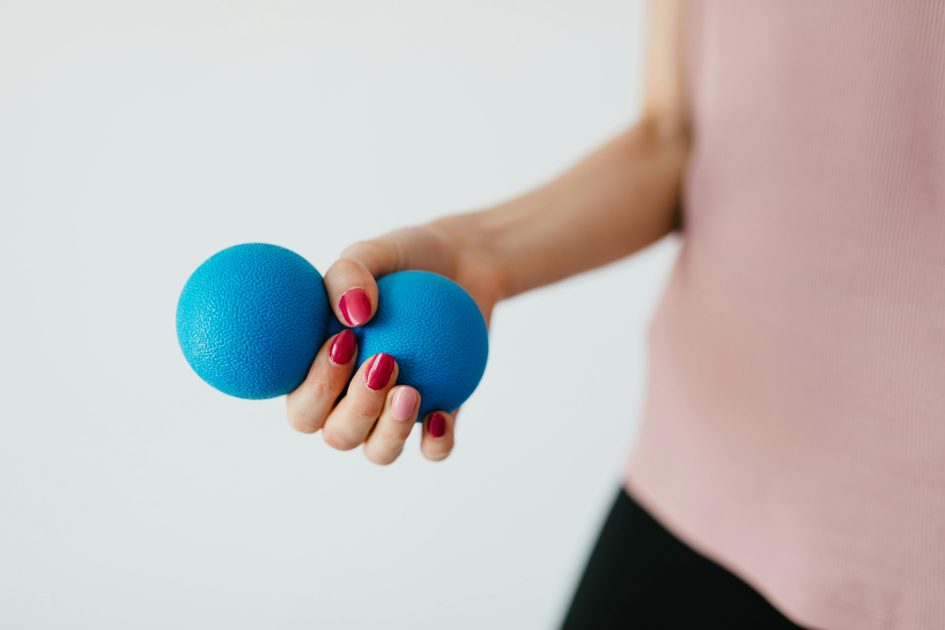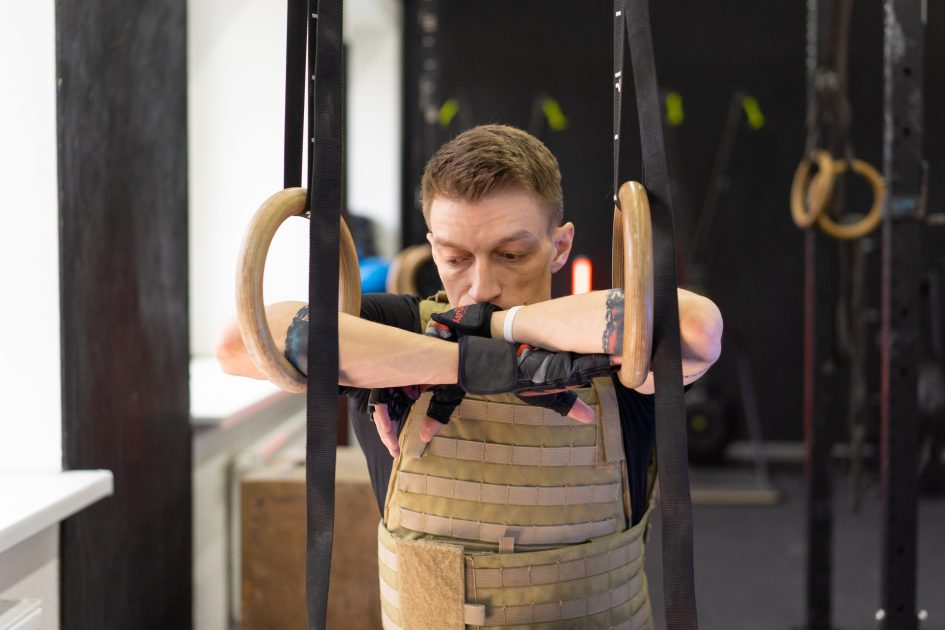Mindfulness
Our daily activities begin with waking up in the morning and continue until we go to sleep at night; even during sleep, there is mental and physical activity. You start thinking about the next task after finishing one job. For example, while checking the office mail, I remembered the boss’s essential assignment. Sitting in a traffic jam, I am restless when I reach my destination. Plan the next day by watching television.
In doing so, we often lose our connection to the present moment. Predominance is past and future. As a result, we become mentally distracted. If there was any magic to get rid of this situation? No, we don’t know any magic. However, Mindfulness exercises are an advantageous and effective method. It is also a skill. Mindfulness exercises help us to be present and enjoy the present.
What is mindfulness?
Mindfulness is a mental practice and awareness that involves paying deliberate and nonjudgmental attention to your present-moment experience. It is a form of meditation, and a way of being that can be cultivated through various techniques and exercises. Mindfulness encourages individuals to focus on their thoughts, emotions, bodily sensations, and environment without trying to change or judge them. Mindfulness is in the here and now or focusing entirely on the present moment or intention—awareness, attention, and recall. Cognition refers to the individual’s experience. No person can sustain existence without understanding. Concentration, on the other hand, is focused awareness.
Remembrance is the act of remembering to impart this aspect of mindfulness. That is, being aware of the present task with full attention and recalling it when you forget it is mindfulness. Mindfulness exercises are widely practiced for keeping our brain healthy, self-control and effective decision-making, and adapting to negative stress.
As mentioned earlier, mindfulness is not a magic wand or a mantra. It is not just a method of psychotherapy. It is not accepting or thinking positively about anything. Again, this is not hypnosis. Instead, mindfulness is paying full attention to the present while remaining aware of the five senses. Mindfulness is the development of awareness of internal and external experiences.
They are consciously observing one’s present experience without judgment or criticism. John Kabat-Zinn, professor emeritus of the University of Massachusetts, says regular mindfulness is a very effective way to make any positive change in health, behavior, or daily living. According to him, mindfulness is focusing non-judgmentally on the present moment with a specific purpose. A person becomes mindful by developing acceptance, nonjudgment, and compassion.
Acceptance in the process of mindfulness is accepting any event or situation without reaction or control. The goal of solving any problem is to acquire the skill or experience to tolerate any emotion. In this, the person is aware of his feelings and understands his thoughts or interests. Nonjudgmental means not judging or commenting on a person, event, or situation. For example, we often say, “You are fat”. Without commenting like this, we can express our opinion, like, “I think you have gained weight.” In mindfulness, a person consciously develops a nonjudgmental attitude. Compassion is being sympathetic to the suffering or feelings of others. Empathy develops within the individual through the process of mindfulness. Also, be kind to yourself.
Characteristics of Mindfulness:
Mindfulness is a mental state and practice that involves paying focused and nonjudgmental attention to the present moment. It has its roots in Buddhist meditation but has been adapted for use in various secular and therapeutic contexts.
Here are some of the critical characteristics of mindfulness:
- Present-Moment Awareness: Mindfulness emphasizes being fully present, focusing on your current experience without dwelling on the past or worrying about the future. It involves observing your thoughts, feelings, bodily sensations, and the environment as they are in the present.
- Non-Judgment: Mindfulness encourages a nonjudgmental attitude, which means accepting your thoughts and feelings without evaluating them as good or bad. Instead, you simply observe them with an open and compassionate mindset.
- Acceptance: Practicing mindfulness involves acknowledging and accepting whatever arises in your awareness, even if it’s uncomfortable or unpleasant. This acceptance can lead to reduced reactivity and suffering.
- Observing Thoughts: Mindfulness exercises you to step back and keep your thoughts rather than getting entangled in them. This can help you better understand your thought patterns and emotional reactions.
- Emotional Regulation: Mindfulness can help regulate emotions by increasing your awareness of your emotional state and allowing you to respond to emotions more balanced and considerately.
- Body Awareness: It involves paying attention to bodily sensations and physical experiences. This can help you connect with your body, reduce stress, and become more attuned to physical signs of tension or relaxation.
- Breath Awareness: Mindfulness often uses the breath to anchor the present moment. Focusing on your breath can help calm your mind and bring your attention to the here and now.
- Mindful Movement: In addition to seated meditation, mindfulness can be practiced through movement, such as yoga or walking meditation, where you pay close attention to the physical sensations and actions of your body.
- Engaging the Senses: Mindfully engaging your senses, such as through mindful eating or listening, can deepen your connection to the present moment.
- Daily Practice: Mindfulness is typically cultivated through regular practice, including formal meditation sessions and informal moments of mindfulness throughout the day.
- Mind-Body Connection: Mindfulness recognizes the strong connection between the mind and body and how one can influence the other. It aims to improve overall well-being by addressing this mind-body relationship.
- Stress Reduction: Mindfulness has been shown to reduce stress and improve mental and physical health. Individuals can better manage stress and its associated effects by learning to stay present and reduce automatic reactions.
- Improved Concentration: Regular mindfulness practice can enhance your ability to concentrate and sustain attention, benefiting various aspects of life, including work and relationships.
- Enhanced Self-Awareness: Mindfulness exercises help you become more aware of your thought patterns, habits, and reactions. This self-awareness can lead to personal growth and positive change.
- Compassion and Empathy: As you practice mindfulness and non-judgment, you may cultivate greater understanding and empathy for yourself and others. Mindfulness is a holistic approach to mental well-being that encourages greater awareness, emotional regulation, and a more compassionate relationship with yourself and the world around you. It can be a valuable tool for reducing stress, enhancing mental clarity, and promoting overall psychological and emotional health.
Mindfulness has its characteristics that make a person mindful. For example-
- Nonjudgmental observation
- Refrain from rushing
- The attitude of accepting anything
- Patience
- Believing in yourself and others
- Free vision
- Accepting and releasing immediate emotions, feelings, or physical sensations
- Sense of courtesy
- Compassion and gratitude
- Affection, compassion, love
- The interest
Brain changes due to mindfulness exercises
Our brain cells are constantly being created, divided, and transformed. During a counseling session or psychotherapy, our brain changes through the formation of new networks of nerve cells. It is brain neuroplasticity. In our lifetime, we lose neurons, synapses, and neural networks, creating new ones. In this way, it continues in stages.
A proper and effective counseling session creates new neurons or neural networks in the brain, which can be recorded by functional magnetic resonance imaging (MRI). Again, the brain can create new neurons or neural networks based on the environment and situation. This neuroplasticity of the brain can be positive as well as harmful. For example, due to the loss of many neurons or neural networks, a person may experience stress, various types of trauma, anxiety, and depression.
So, when we practice a specific behavior repeatedly, it creates neuropathy in our brain. And then that processed information reacts according to time and situation to make our life normal. Research on mindfulness has shown that mindfulness can induce brain neuroplasticity or structural changes in the brain or changes in brain functions. 
To clarify the issue of neuroplasticity, ask yourself:
Which of your positive or negative things is causing your brain or brain neuropathy as a result of repeated practice?
- Have you noticed that sometimes you react automatically without any thought?
- Do you have a habit of constantly kicking or wanting to kick?
- Do you have any fear, stress, trauma, or anxiety of any kind working in you?
- Do you stop at once while doing any work?
Neuroplasticity of the brain proves that the things we use more often shape our brains. So, the better we practice paying attention with the right intention and attitude, the more successful we will become.
Mindfulness in increasing productivity or efficiency: In mindfulness exercises, people can usually complete one task at a time smoothly. Many studies have shown that multitasking, or doing too many things at once, impairs a person’s productivity. Even that cannot be done with proper attention. By giving full attention to any task at a time, the job is done well, increasing the productivity of the individual. It trains the brain to focus and improves work quality.
Ways to discover yourself: Self-discovery means matching yourself to yourself. We must assume different roles and relationships for different needs at other times. Sometimes parents, sometimes sons and daughters, sometimes officers and employees. In these roles, we are exposed to a kind of mask. At the same time, mindfulness helps to express one’s individuality. Keeps the person here and now. It holds the individual’s individuality, emotions, and conscious attention and enables them to experience the true self through mindfulness exercises.
Mindfulness exercises are a way to better yourself overall.
Mindfulness exercises to bring about life satisfaction. In this way, one can enjoy the pleasures of life. At the same time, it can keep oneself engaged in daily activities. Self-aware with self-confidence by resisting the adverse events of life. One can make the most of the present without losing oneself in the regrets of the past or the worries of the future. As a result, an opportunity is created for the individual to discover himself. Mindfulness brings a deep sense of calmness and stillness and helps one experience peace.
Mindfulness in physical health: Various studies have shown that regular mindfulness exercises improve health. For example, it helps reduce physical and mental stress, lowers blood pressure, relieves chronic physical pain, improves sleep, and alleviates gastrointestinal discomfort.
Mindfulness in Mental Health: Psychotherapists use a variety of therapies in working with mental health. Among these, the most popular therapeutic method is mindfulness. Recently, it has been a very effective method for any mental problem. Mindfulness is especially effective for anxiety, depression, drug abuse, eating disorders, family conflict, obsessive-compulsive disorder, and other mental health issues.
Acceptance Practice: Mindfulness exercises you to accept each moment consciously. It helps to be kind to yourself and others and teaches forgiveness. Also, practicing mindfulness helps us to be effective in the present by freeing our minds from various types of distractions, daydreams, criticisms, etc.
The goal of the mindfulness process is to pay close attention to thoughts and the emotional parts of the mind without judgment. It refocuses the mind on the present moment. It keeps you focused or aware of any activity, including eating, walking, enjoying nature, and spending time with loved ones.
The following process will help you become mindful.
- Bring your attention to your body. Keep your eyes open. Awaken the five senses.
- Breathe in through your nose and notice your belly expanding. Exhale slowly through your mouth and see your stomach moving inward.
- Then, become fully aware of your five senses (touch, smell, taste, sound, and sight). Try to feel – how your skin feels to the touch, how you smell, move your tongue around in your mouth to see how it tastes, try to hear and understand the sounds around you, and see and describe what you see without any judgmental analysis. do
- As you go through this process, you will notice that your attention is often distracted. Become aware and refocus your sensitivity back to the Panchaindia.
- Take your own time to practice being in the present.
As you practice mindfulness, you-
Go with the flow – When practicing mindfulness, observe the flow of your inner thoughts, emotions, and physical sensations without judging them as good or bad and accept them as they are.
Pay attention – You also notice external sensations like sounds, sights, and touches that make up your experience of the moment. The challenge is not to dwell on a particular idea, emotion, or sensation or to dwell on the past or the future. You notice what comes to your mind and discover yourself. Acknowledge your emotional experiences.
Stay tuned – sometimes, this process may not be pleasant. But with time, it will broaden your experiences, and you will gradually adapt to it. You are helping to be the key to your happiness and self-awareness. Just as mindfulness cannot be accomplished overnight, its benefits are not immediate. Regular practice, awareness, and nonjudgmental practice can yield practical benefits.






